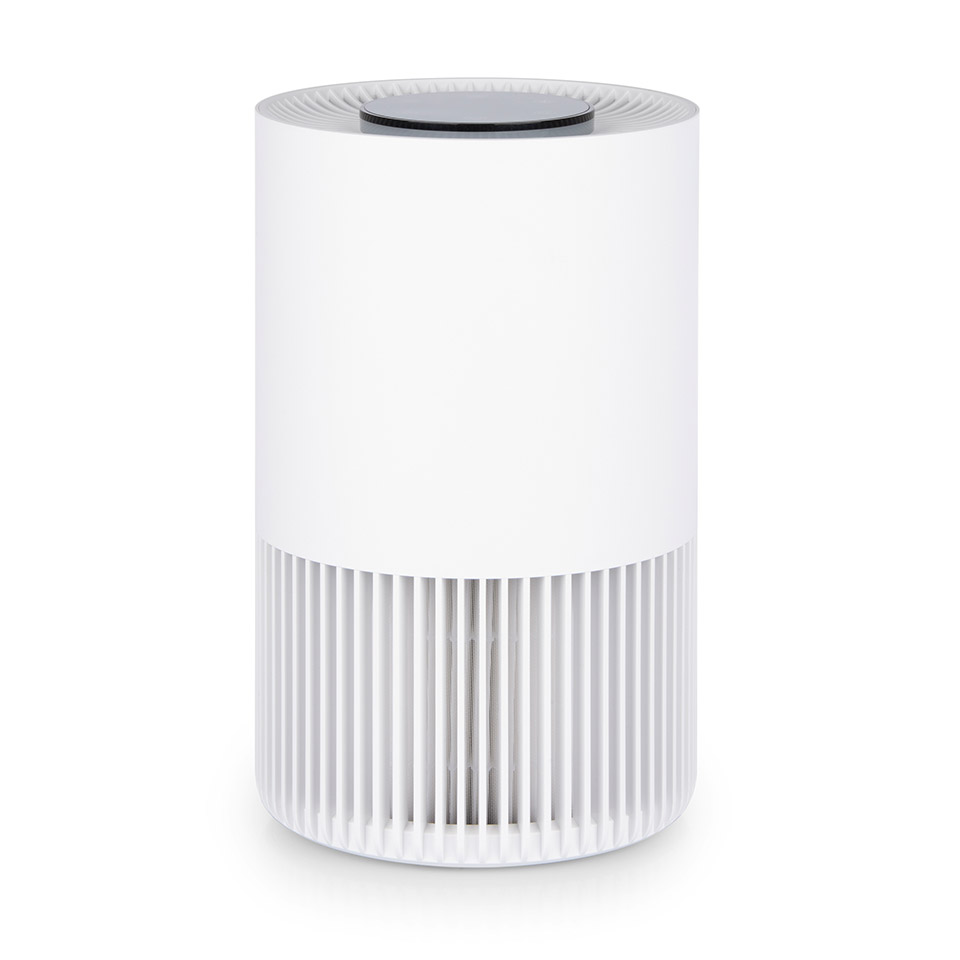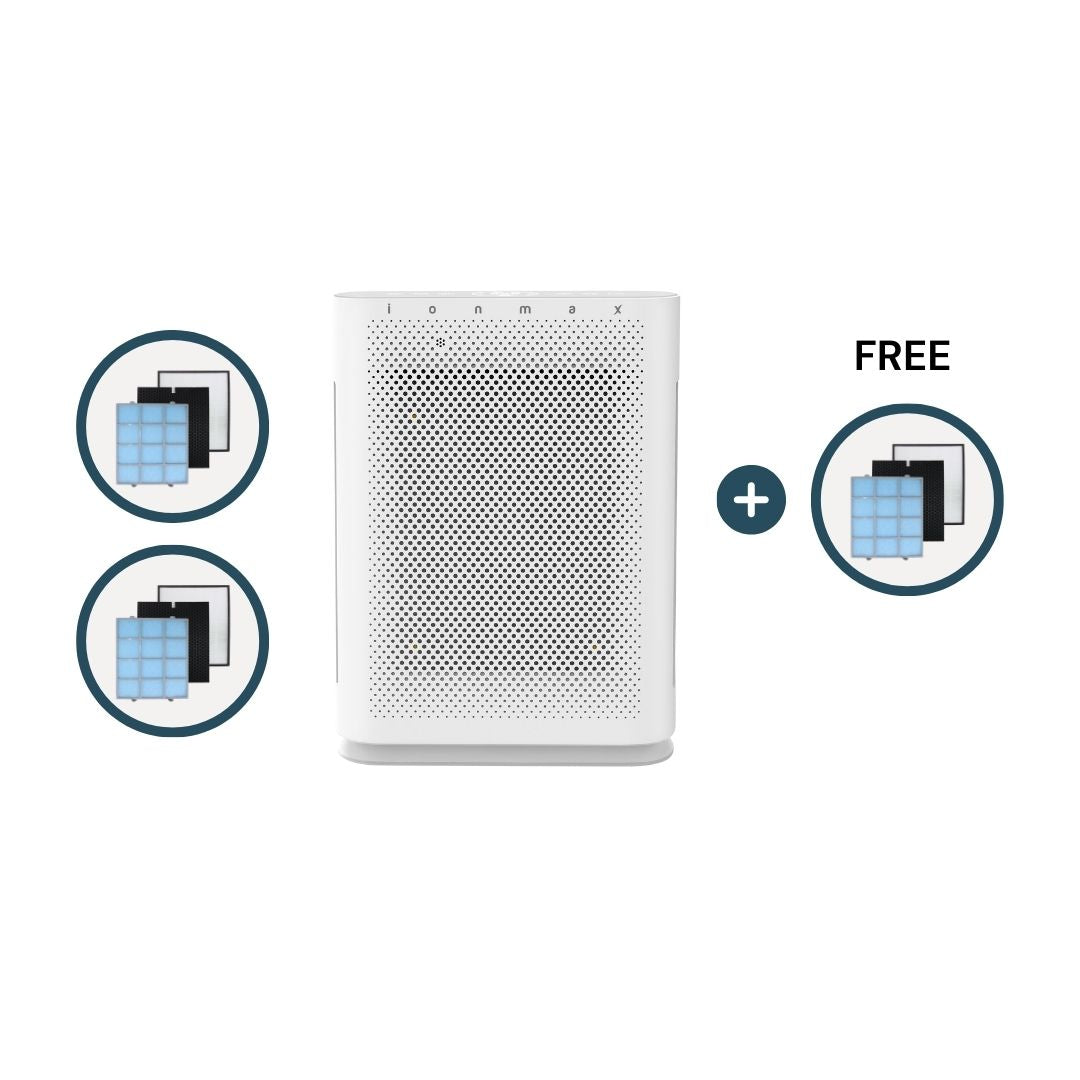Featured
Table of Contents
- – Recognizing Allergies and Triggers
- – Can Air Purifiers Help with Allergies?
- – The Science Behind Air Purifiers and Allergies
- – Are Air Purifiers Right for You? Aspects to C...
- – Taking advantage of Air Purifiers for Allergies
- – Beyond Air Purifiers: A Multi-Pronged Techniqu...
- – Living a Breath Easier Life with Allergies

Air cleansers are often promoted as a service, encouraging cleaner air and relief from allergic reaction signs. Are air cleansers genuinely worth the investment for allergic reaction patients?
Recognizing Allergies and Triggers
To recognize the role of air cleansers, let's first explore allergies and their triggers:
- The Sensitive Action: Allergies occur when your body immune system panics to a safe material, like pollen or dirt mites. This reaction activates the launch of histamines, creating allergy symptoms like sneezing, coughing, scratchy eyes, and a drippy nose.
- Usual Irritants: Indoor irritants consist of allergen, pet dog dander, mold spores, plant pollen that drifts indoors, and even cockroach irritants. These air-borne particles can irritate your airways and set off allergy symptoms.
Can Air Purifiers Help with Allergies?
Air cleansers function by attracting air, filtering system out contaminants, and launching cleaner air back right into the space. Here's how they can possibly profit allergic reaction sufferers:
- Trapping Irritants: HEPA (High-Efficiency Particulate Air) filters, a common kind used in air purifiers, are very effective at catching airborne irritants like dirt mites, animal dander, and plant pollen. By removing these triggers from the air you breathe, air cleansers can help in reducing allergy signs.
- Improved Air Top Quality: Air cleansers can additionally get rid of various other irritants from the air, such as smoke, dirt, and unpredictable natural substances (VOCs) This total enhancement in air quality can be useful for allergy victims that are sensitive to these additional triggers.
The Science Behind Air Purifiers and Allergies
Studies have shown that air purifiers can be valuable in reducing allergy signs. Below's a check out some vital research study findings:
- A 2019 review released in the journal "Present Allergy and Asthma Records" wrapped up that air purifiers with HEPA filters can be reliable in minimizing allergy signs and symptoms and improving quality of life for people with sensitive rhinitis (hay high temperature)
- A 2018 research study released in the journal "Record of Allergy, Bronchial Asthma & Immunology" found that utilizing an air purifier with a HEPA filter in the bed room dramatically reduced allergen irritant levels and improved sleep top quality in individuals with bronchial asthma.
Nonetheless, it is essential to note that study also suggests some restrictions:
- Air Purifier Protection: Air purifiers are most effective in the room where they are placed. Their influence on allergens in other parts of the home may be marginal.
- Intensity of Allergies: While air purifiers can help, they could not be a complete service for serious allergies. Medications and various other allergic reaction management strategies might still be necessary.
Are Air Purifiers Right for You? Aspects to Consider
Here are some essential factors to think about when making a decision if an air purifier is worth it for your allergies:
- Extent of Allergies: If your allergic reactions are mild and well-controlled with medication, an air purifier could not be needed. Nonetheless, for those with moderate to severe allergies, an air purifier can be a useful device in managing symptoms.
- Sorts of Allergens: Think about the main triggers for your allergic reactions. Air cleansers are most efficient for airborne allergens like dust termites, animal dander, and pollen. They may not be as practical for allergens like mold that grow on surface areas.
- Way of living and Setting: If you have pet dogs, reside in an area with high plant pollen counts, or have problems regarding interior air quality, an air purifier can be helpful.

Taking advantage of Air Purifiers for Allergies
If you make a decision to purchase an air purifier for allergies, here are some tips for maximizing its effectiveness:
- Select a HEPA Filter: Try to find an air purifier with a HEPA filter certified to capture bits as tiny as 0.3 microns.
- Right Size for the Area: Ensure the air purifier has a Clean Air Shipment Price (CADR) that appropriates for the dimension of the area you prepare to use it in.
- Positioning Matters: Put the air purifier in the area where you spend one of the most time, such as your room.
- Regular Filter Upkeep: Change HEPA filters according to the manufacturer's guidelines to keep optimum efficiency.
- Integrate with Various Other Techniques: Air cleansers are not a one-size-fits-all service. Integrate them with various other allergy monitoring methods like medicine, routine cleaning, and allergen-proof bedding.
Beyond Air Purifiers: A Multi-Pronged Technique to Allergy Monitoring

While air cleansers can be a beneficial device in your allergic reaction toolbox, they are not a miracle drug (If you're looking to buy an Air Purifier then Air Cleaners Australia is the best destination.). A comprehensive strategy that incorporates air filtration with various other approaches is vital to accomplishing long-term allergy alleviation. Here are some additional methods to consider:
- Medicine: Antihistamines, decongestants, and nasal corticosteroids, recommended by your physician, can efficiently manage allergic reaction signs and symptoms.
- Allergy Screening and Immunotherapy: Identifying your specific allergens through allergy screening can pave the means for immunotherapy, a therapy that helps desensitize your immune system to allergens in time.
- Air Top Quality Management: Regular cleansing with a HEPA-filtered vacuum and allergen-specific cleaning products can significantly reduce dust mites, pet dander, and various other allergens in your house.
- Managing Moisture: Mold thrives in damp environments. Utilizing a dehumidifier can assist regulate humidity degrees and stop mold development, a typical indoor irritant.
- Lifestyle Adjustments: If you have hatreds pollen, staying indoors throughout optimal plant pollen seasons and bathing after hanging around outdoors can help decrease direct exposure.
- Bed linens and Surfaces: Framing cushions and cushions in allergen-proof covers can dramatically reduce allergen direct exposure. Routinely washing bedding in hot water assists eliminate allergens.
Living a Breath Easier Life with Allergies
Bear in mind, handling allergic reactions is a constant process. By recognizing your triggers, applying a multi-pronged approach, and potentially incorporating an air purifier right into your technique, you can dramatically decrease allergic reaction symptoms and breathe much easier.
Additional Considerations:
- Consulting a Medical professional: If your allergic reactions are extreme or not well-controlled with medication and way of life modifications, consult a specialist for tailored suggestions.
- Air High Quality Tracking: Consider using an air quality screen to track irritant degrees in your home and readjust your management techniques as necessary.
- Long-Term Investment: A high quality air purifier can be a lasting investment in your health and wellness and wellness.
By taking an aggressive approach and adopting a mix of these approaches, you can create a much healthier and allergy-friendly atmosphere, permitting you to appreciate a breath less complicated life.
Table of Contents
- – Recognizing Allergies and Triggers
- – Can Air Purifiers Help with Allergies?
- – The Science Behind Air Purifiers and Allergies
- – Are Air Purifiers Right for You? Aspects to C...
- – Taking advantage of Air Purifiers for Allergies
- – Beyond Air Purifiers: A Multi-Pronged Techniqu...
- – Living a Breath Easier Life with Allergies
Latest Posts
Comprehending the Transition: Why Pymble is Phasing Out Gas
Understanding the Transition: Why Pymble is Phasing Out Gas
Battling the Mold Hazard: Are Air Purifiers Well Worth It?
More
Latest Posts
Comprehending the Transition: Why Pymble is Phasing Out Gas
Understanding the Transition: Why Pymble is Phasing Out Gas
Battling the Mold Hazard: Are Air Purifiers Well Worth It?